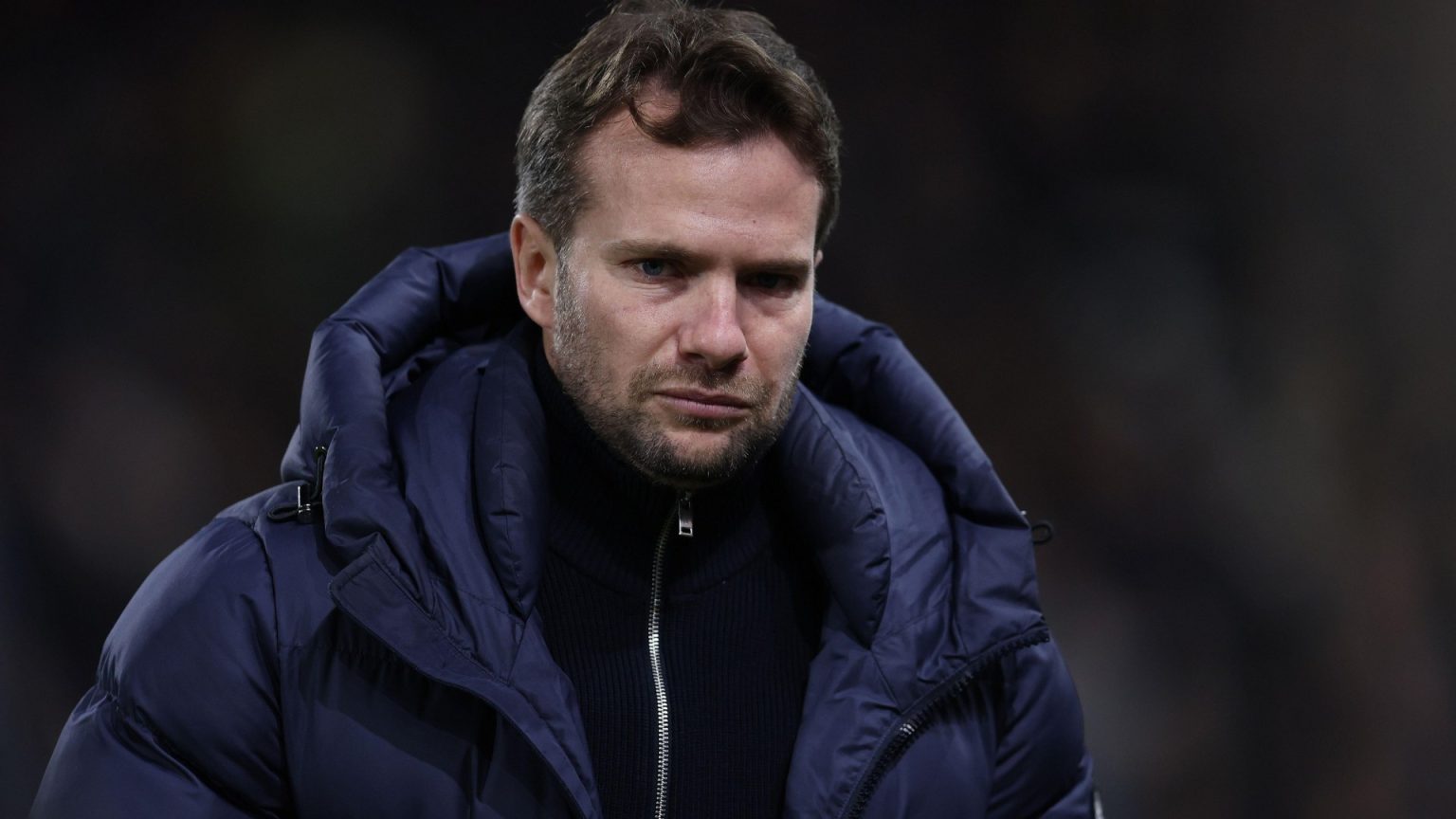The Precarious Position of Watford’s Managers: A Case Study of Tom Cleverly
Watford Football Club, a Championship side notorious for its volatile managerial merry-go-round, recently found itself embroiled in yet another episode of speculation surrounding the future of its head coach. This time, the subject was Tom Cleverly, a former player for both Watford and Manchester United, who had taken the reins earlier in the season. Despite a promising start that saw the Hornets positioned just outside the playoff spots, a subsequent dip in form fueled rumors of Cleverly’s imminent dismissal. These rumors reached a fever pitch, prompting the club to issue an official statement. However, rather than confirming the anticipated sacking, the statement declared that Cleverly would remain in charge for the upcoming match against Coventry City.
The club’s statement, while seemingly offering a reprieve for Cleverly, was couched in language that hinted at the underlying precariousness of his position. It referred to the speculation as "pure speculation" but stopped short of offering a full-throated endorsement of the manager. This ambiguity, coupled with the club’s historical propensity for abrupt managerial changes, left many fans and pundits unconvinced that Cleverly’s long-term future was secure. The phrase "in charge for the match at Coventry" was interpreted by some as a thinly veiled indication that his tenure was hanging by a thread, dependent on the outcome of the next game.
This incident is not an isolated one in Watford’s recent history. It echoes a similar situation involving Chris Wilder, who was appointed manager in March 2023 only to be surrounded by rumors of his impending sacking just a month later. The club initially dismissed these rumors as "disrespectful" before ultimately parting ways with Wilder shortly thereafter. This pattern of short-lived managerial appointments, followed by rapid dismissals, has become a hallmark of Watford’s operational strategy, leaving fans exasperated and questioning the club’s decision-making process.
The revolving door of managers at Watford is a phenomenon that stretches back over a decade. Since 2010, the club has seen a staggering 22 different permanent managers come and go, in addition to multiple caretaker appointments. This constant churn creates instability within the team, making it difficult to establish a consistent playing style and build long-term success. Players are subjected to a constant stream of new tactical approaches and philosophies, hindering their development and creating a sense of uncertainty within the squad.
The case of Valerien Ismael further exemplifies Watford’s unpredictable approach to managerial appointments. Despite the team struggling near the relegation zone, the club surprisingly extended Ismael’s contract, a move that baffled many observers. This decision, seemingly at odds with the team’s performance, underscores the lack of clarity and consistency in Watford’s managerial strategy.
The fan reaction to the Cleverly situation reflects the weariness and cynicism that has permeated the Watford supporter base. While some expressed relief at his temporary reprieve, others viewed the club’s statement as a mere stay of execution, predicting that Cleverly’s days were numbered regardless of the result against Coventry. The lack of faith in the club’s leadership is evident in the comments on social media, with many fans expressing their frustration and bemusement at the ongoing managerial saga.
The situation at Watford highlights the broader issue of short-termism in football management. The pressure to achieve immediate results often leads clubs to make rash decisions, sacrificing long-term stability for the hope of a quick fix. This approach can be detrimental to the development of both players and managers, creating a cycle of instability and underachievement. Watford’s frequent managerial changes serve as a cautionary tale, demonstrating the potential pitfalls of prioritizing short-term gains over sustainable growth and development. The club’s future success may hinge on its ability to break this cycle and establish a more stable and consistent approach to leadership.




